Kunsmiller Creative Arts Academy
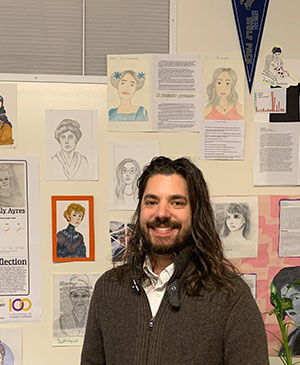
Anthony Abel-Pype
Anthony Abel-Pype - Lead Teacher
Denver, CO | 11th Grade
"The overall experiences of working through the steps in this project were overwhelmingly positive. First, as a justice oriented teacher, to focus on such an important issue as the right to vote, especially considering current legislation that seeks to restrict voter access, fits perfectly with the philosophy of creating critically thinking, active citizens."
SHOW MORE +
FEATURED WORK
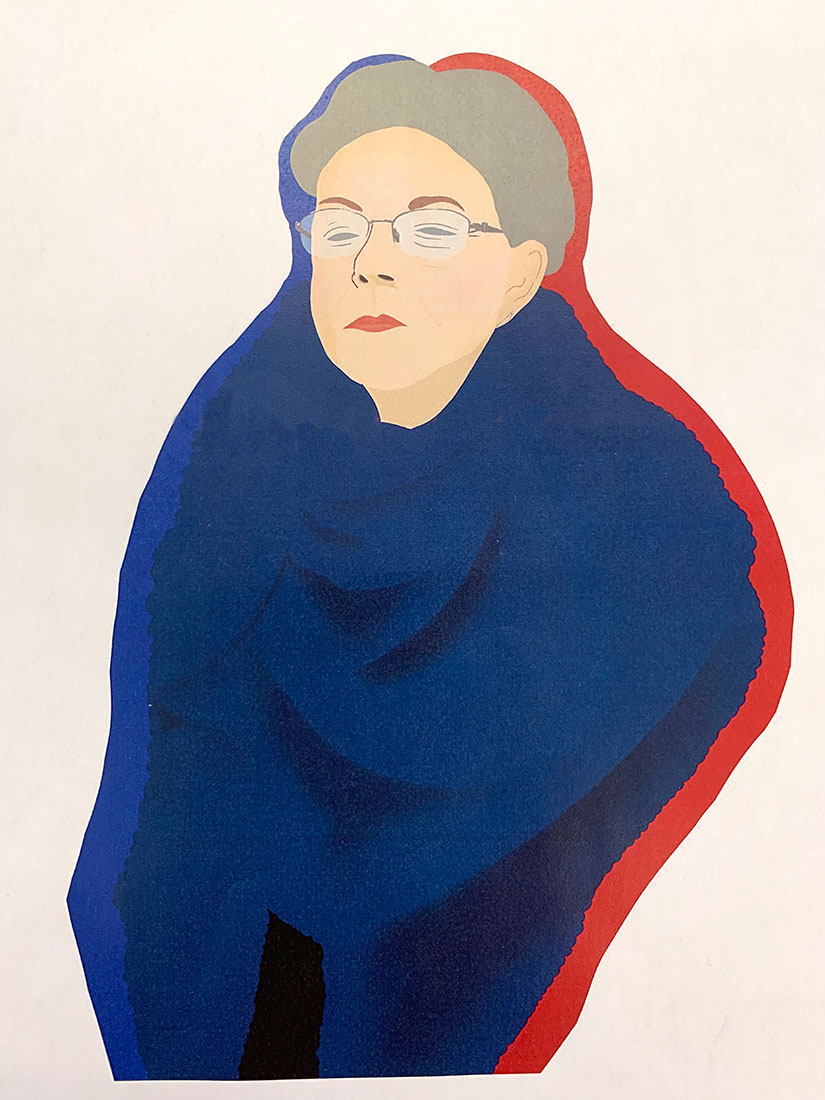
My Step-Grandma
By Yuvia Olivares-Rodarte
She also mentioned that she did not realize the importance of voting or participating in an election until she became a mother in 1975.
READ MORE +

My Grandma
By Catherine Brusseau
I was also told I shouldn’t vote because certain subjects didn’t affect “my group.” In the 40s, my grandparents also were denied the right to vote due to being Jewish.
READ MORE +
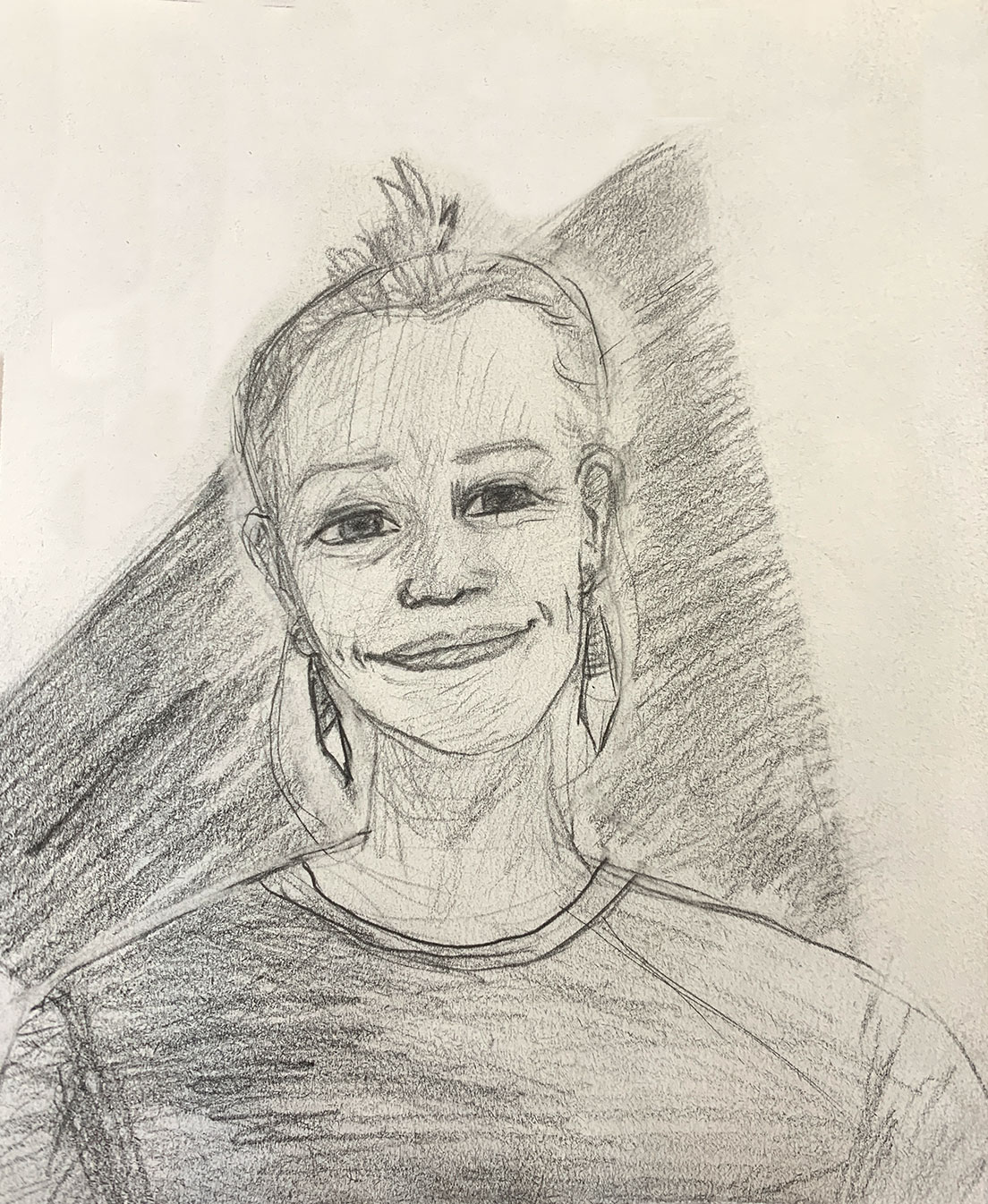
My Teacher
By Darby Flessner
In any type of election, no matter how big or small, the outcome of it will affect your life.
READ MORE +
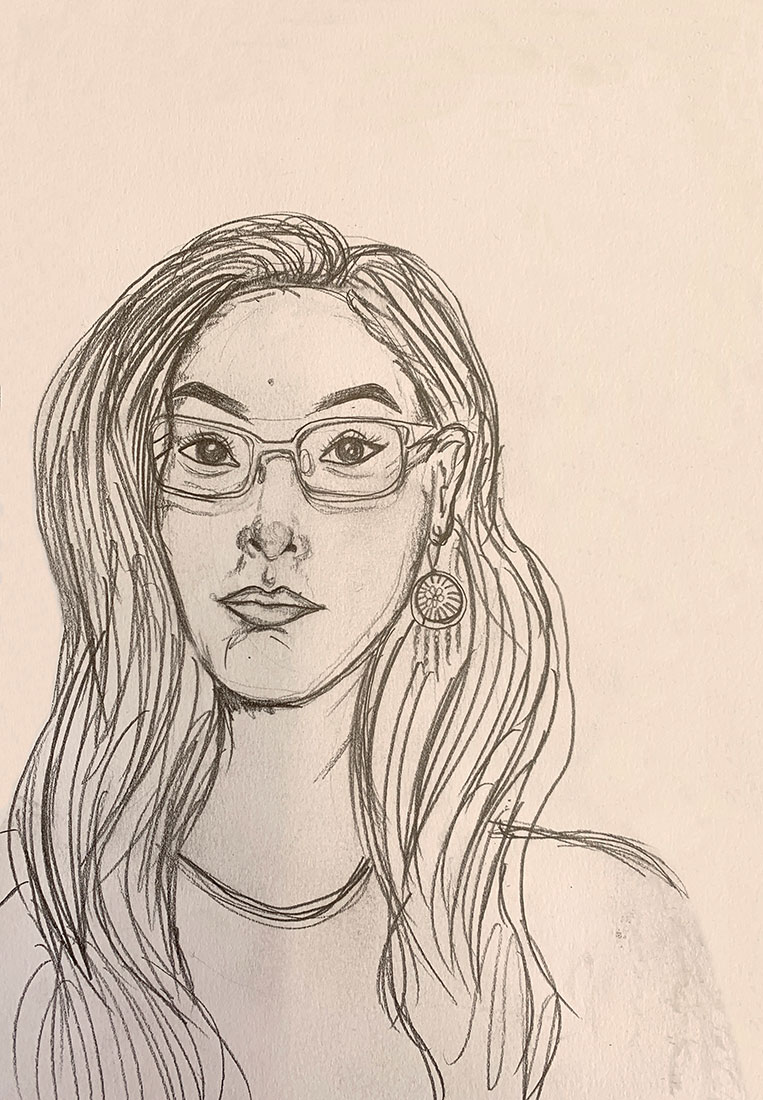
Autumn's Sister Delshunia
By Autumn Wauneka & Aliya Rendon
There is a time for everything and now it is our time to work together as a country to be the best that we can be.
READ MORE +
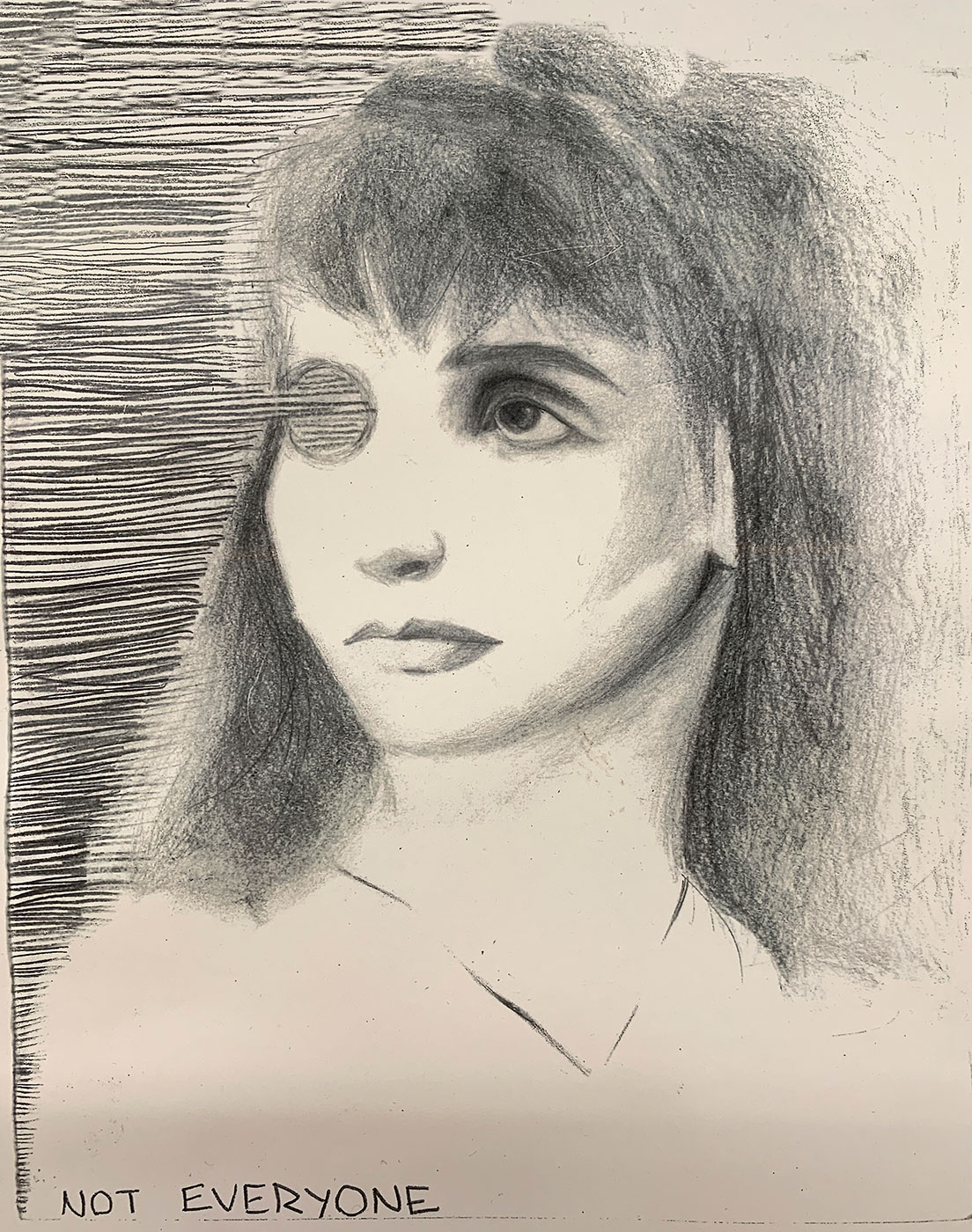
Hedwig Dohm
By Cynthia Martin
As a white-passing, US-born citizen, I understand my privileges compared to the women of just the generation before me. I am also very understanding of how I am extremely lucky to have two parents that are legal US citizens. Though I am thankful for my opportunities, I should not be proud of being “born lucky.”
READ MORE +
STUDENT WORK
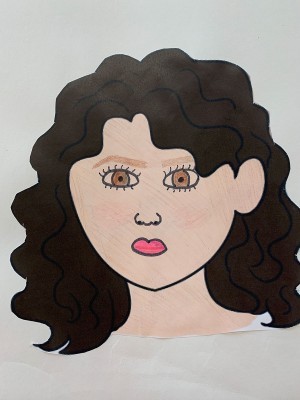
My Aunt Maria
By Shea AndersonWhen she was younger, they didn't really care about voting or taking on their civic duties and now we are told to register to vote as soon as we can and voting is more important than we think.
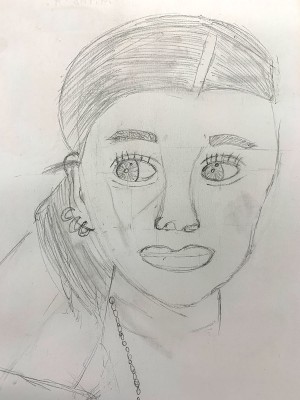
My Mother
By Mirna AcevedoAfter researching one out of so many women who were in the Suffrage Movement, I've realized that I should always vote not only for things that benefits my family and me but for my community too
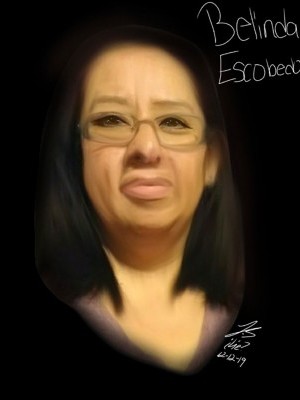
My Mom Belinda
By Julieana SaenzMy mom believes that people think it doesn’t matter to vote but in reality it does and all of her sisters, including herself, have voted.
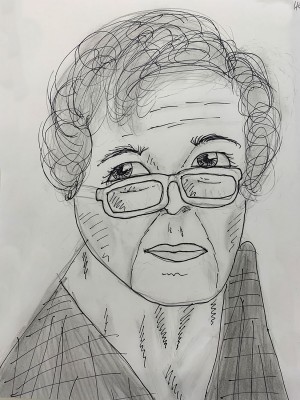
In the Words of my Great-Grandmother
By Eva WittlifVoting was very hyped up in our family. Once you turned 18, it was not only expected but mandatory to vote in my family.

My Mom
By David MerazAs my mother said to me today, “voting is very important, it’s your right and your voice."
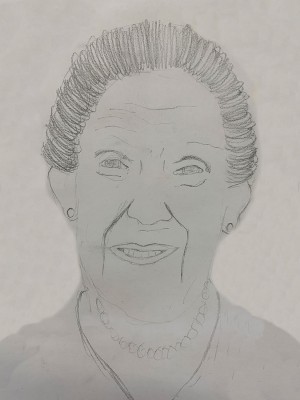
My Great-Aunt Agnes
By Capri AguinaldoMy great-aunt Agnes, who is now 93 years old, was born on December 10, 1925, which is five years after the passage and ratification of the 19th Amendment.

My Interview with Grammy
By Lana VigilI believe a great amount of what my Grandma said and really liked talking to her because it's not something we do often, I was able to learn about her and her side of the family
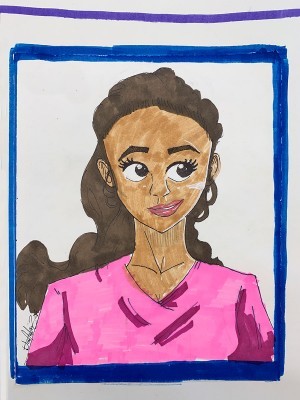
Interviewing My Mom
By Jose AmbrizMy mother immigrated with my dad to the US for better opportunities, they officially became citizens in 2015, and she was able to vote for the first time in 2016.

My Auntie
By Dilan Reyes-HurtadoMy auntie tried to vote in the Obama and Romney election but was denied because she didn’t have proof of citizenship.
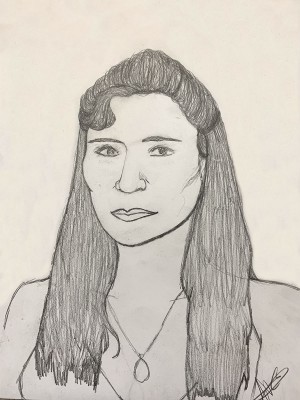
My Mother
By Crystal SanchezOn the topic of immigrants, I personally think it’s unjust that many other immigrants like my family, can’t have the right to vote but have to pay taxes.
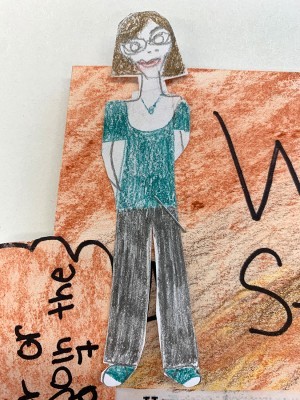
My Great-Grandma
By Angelina GomezI know that when I turn 18, I want to vote and let my mind be heard because, in my opinion, what’s the point of being a democracy if we, as people, don’t use that to our advantage?
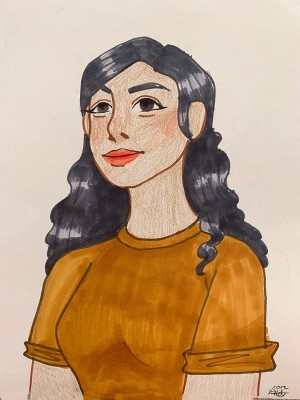
Ericka
By Lorena Hernandez & Isaiah Reyes-CastroSometimes, it upsets me how much I don’t know about my family but by storytelling, I can at least grasp something of theirs.

My Mother
By Acosta RaulThere was an immense fear of terrorist attacks. Unfortunately, for anyone who “looked Middle Eastern” the fear of harassment and violence intensified.
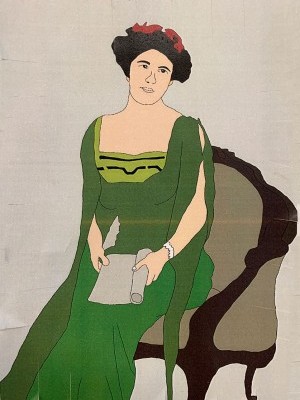
Inez Milholland Boissevain
By Marissa BurkeNot only was Boissevain interested in fighting for women’s rights, but she also sought world peace, prison reform, and equality for African-Americans.
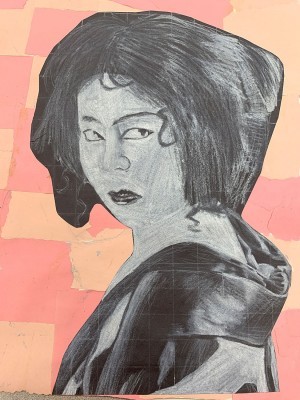
Komako Kimura
By Yaire Coria-NavaretteToday, some of us take voting for granted, even with the idea of what our ancestors did in order to gain this right.
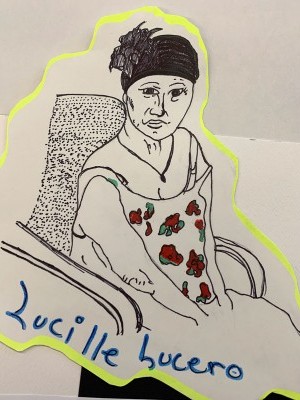
My Grandmother
By Sarra HilburnI now believe that voting is a privilege that many shouldn't take for granted because it gives all of us a voice.
Deadline Extended
There's still time to join Women Leading the Way.
Become a part of our storytelling archive. Enroll your class today.
Join the Project
